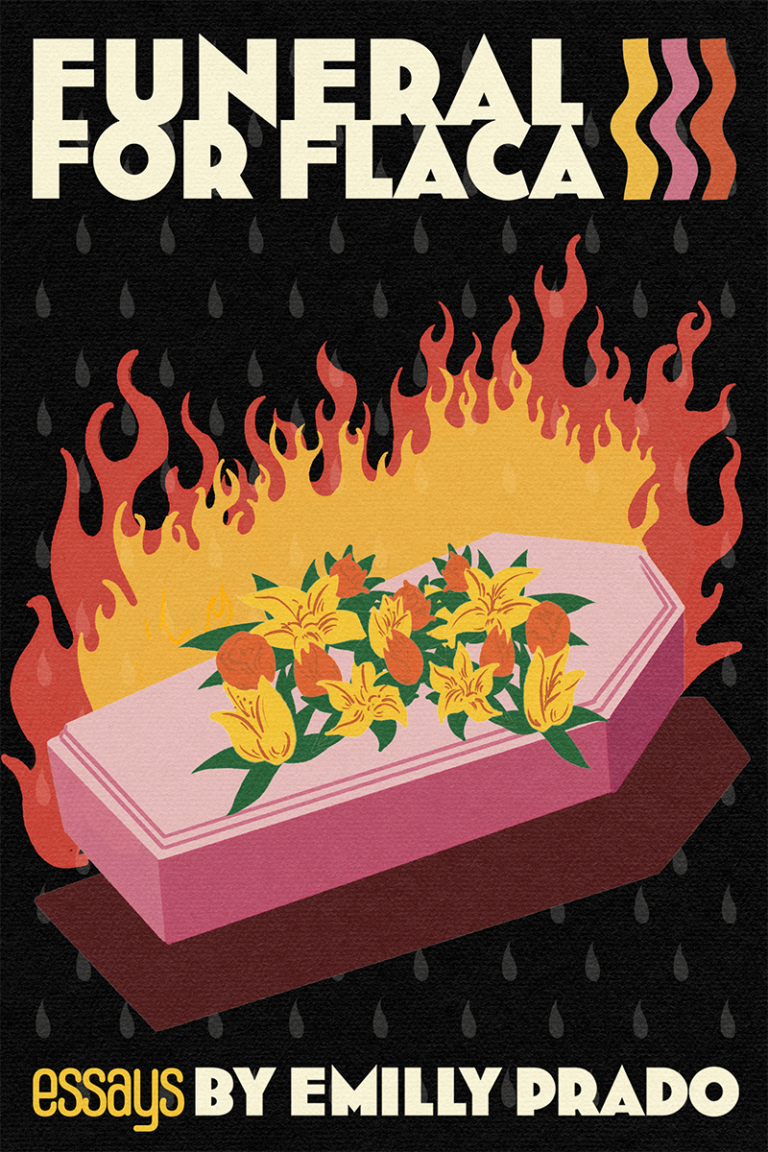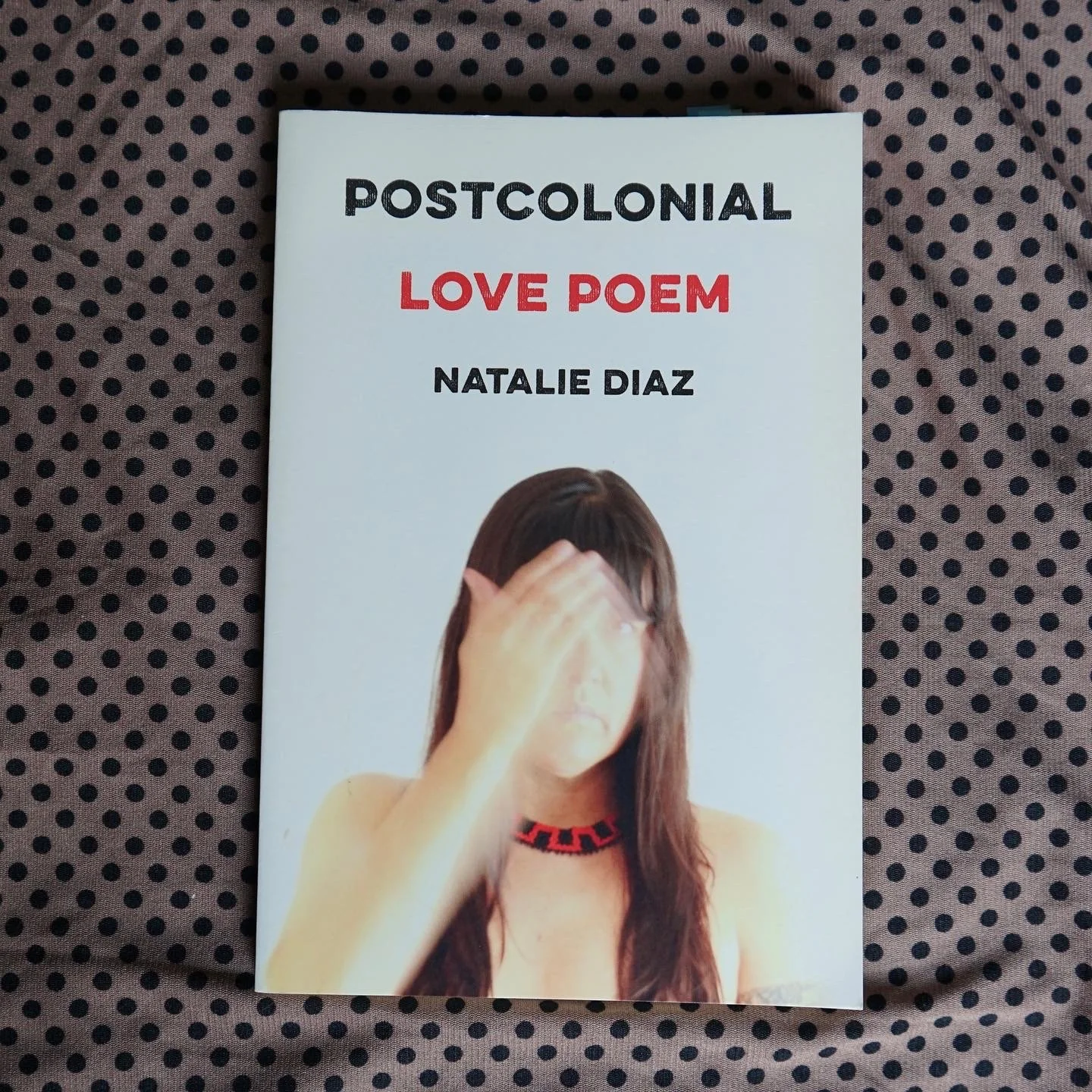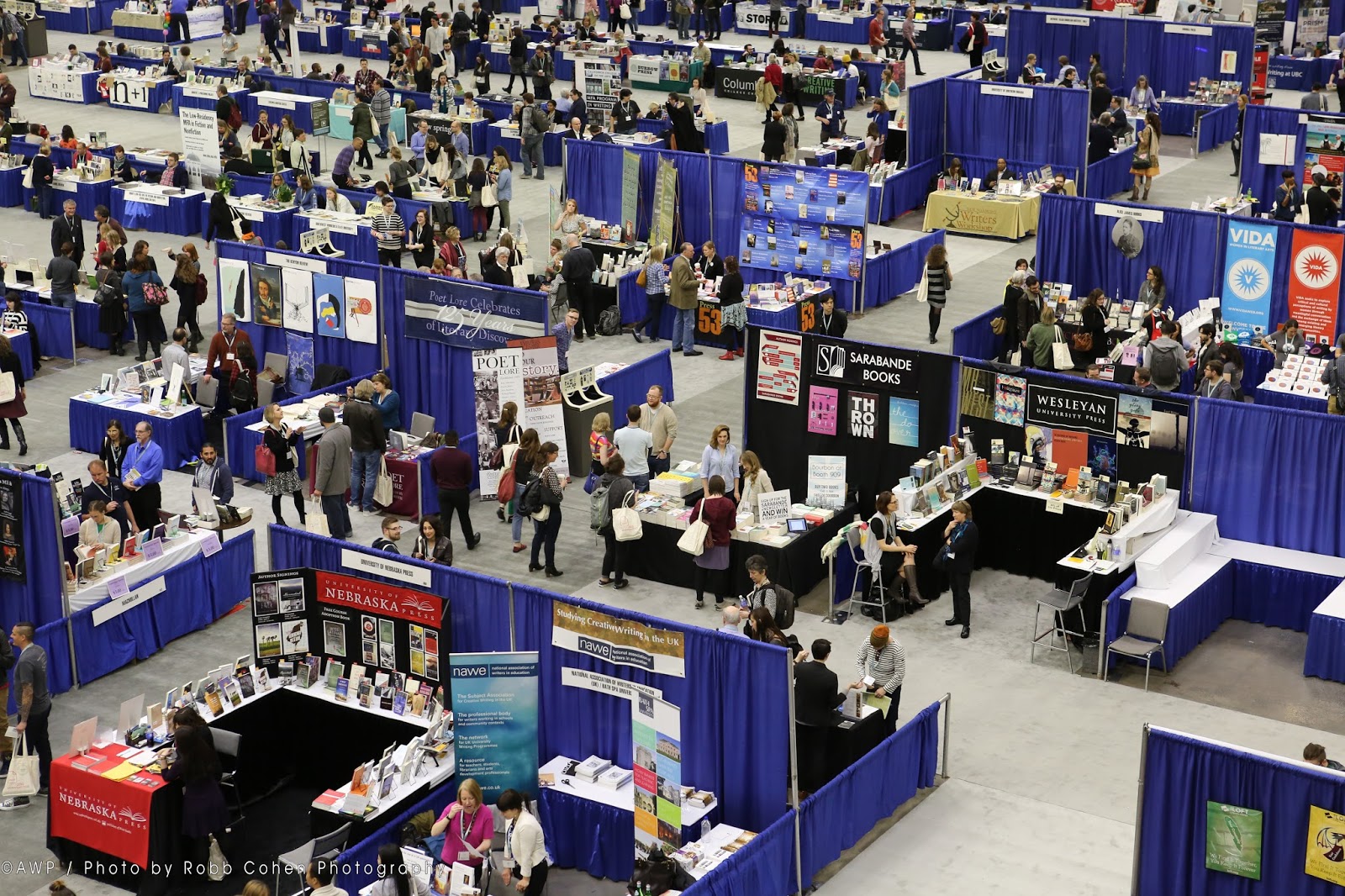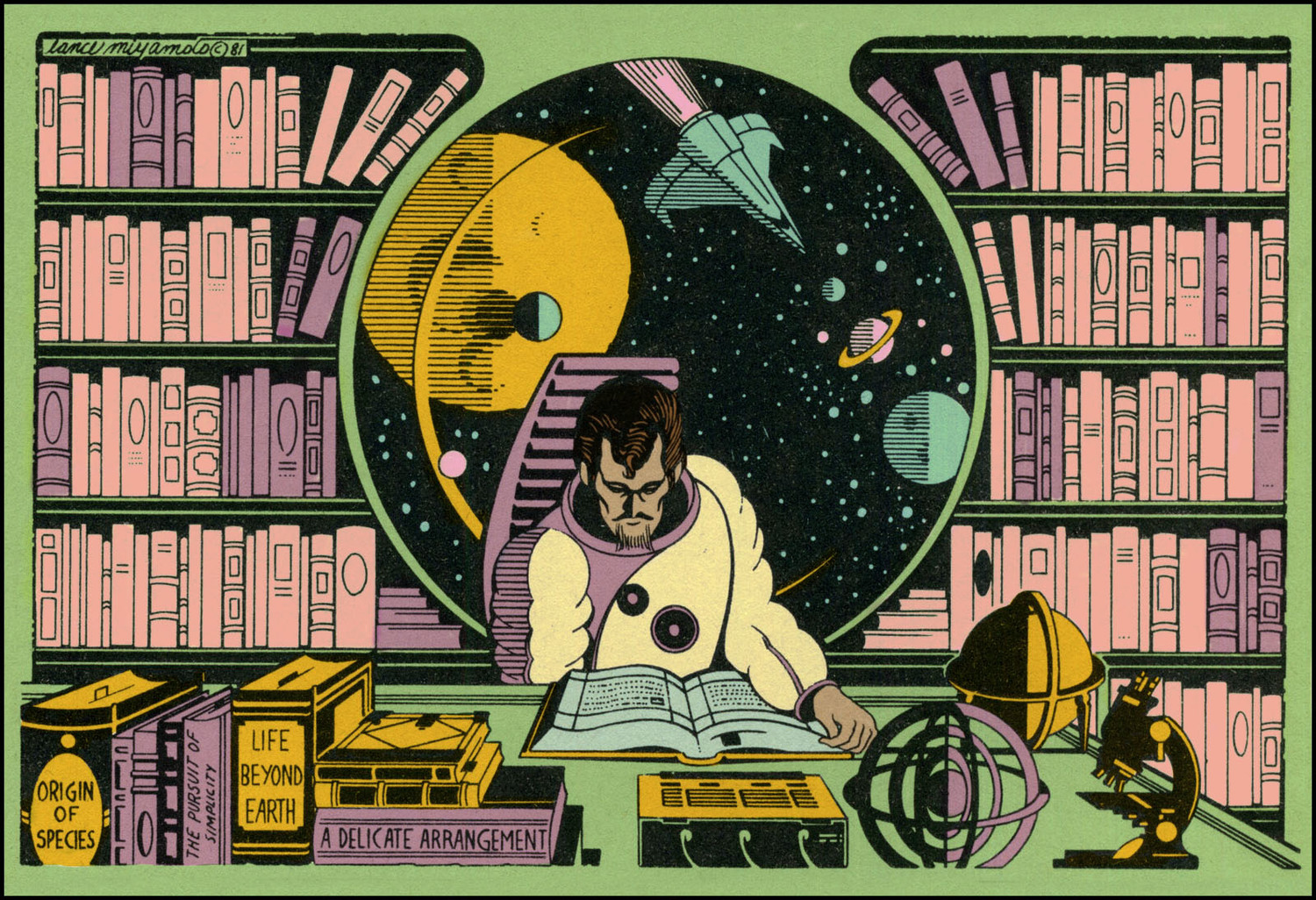As part of a series of profiles on POC-run literary events, groups and resources based in Portland, Oregon, De-Canon speaks to poet, organizer, and artist Stacey Tran about her new series, Tender Table.
.........................................................................................................................................................................................
1) In a few words, what is Tender Table?
Tender Table is a series featuring the voices of women of color and gender nonconforming people of color. It is a platform for storytelling and sharing food. The stories told at Tender Table are connected to the food shared at these events.
2) What may an audience member expect on a given evening at Tender Table?
Each event about 2 hours long with 2-3 presenters per event. There is a suggested donation of $5-10 at the door which goes directly to the artists to help offset costs for their time with story and food prep, cost of materials, as well as emotional labor and time spent educating the community.
3) What need or desire do you see this series filling in our community at this moment in time? In short: why this, why now?
Tender Table is a celebration and an effort to honor the contexts and complexities wrapped up in concerns we have about food culture and social justice. Food is a necessity but also a privilege. I’m grateful to the presenters who’ve been able to come and share their story and the stories of their ancestors, when not everyone is able to or feels safe doing so. Tender Table is a vulnerable space; it is also an inclusive space. I’ve been told that folks feel like it is a safe space, and I want to continue honoring and preserving that about it.
The urgency to create Tender Table came out of a desire and necessity to have these conversations in Portland, OR (often referred to being very white, a mecca of food appropriation by acclaimed white chefs) and hopefully someday in other cities. I encourage people to learn about the food they love, choose ethically sourced food, reach out and give back to the communities who’ve grown, harvested, and worked to put food in front of us. Many food workers of color work in harsh conditions and/or are not appropriately compensated or protected by their employers. How do we expose it, examine it, and create actions to change that? I’m learning, too. I’m not at the capacity to do this now, but one day, I would like if Tender Table could expand to become a community resource that raises community awareness and creates action items.
I am endlessly inspired by my friends Soleil Ho and Zahir Janmohamed who started the Racist Sandwich Podcast about food, race, gender, and class. That project has paved the way for my curiosity about food and storytelling. I looked around and realized there are so many stories we have to tell and share over food.
In the past few years, I’ve had a hand in organizing poetry readings and literary events, which explains a bit about my passion for event organizing. Tender Table is exciting to me because writers/artists and non-writers/non-artists are welcome. I’m not going for a niche demographic - quite the opposite - I hope this is a welcoming space.
4) Where and when do these events take place? How often are your events?
From the start, the idea is to have the series bop around town. I’ve been grateful to Haji at IPRC, Hannah at Compliance Division, Mercedes and Blair at UNA Gallery, Tiare and Tim at Cardinal Club, Curtis at Yale Union, Camila at Ristretto, Jenny for connecting the series with the High & Low Gallery, Sofie at People’s Food Co-op, and the folks who have reached out to offer their spaces for the series for upcoming events. Thank you!
In an effort to accommodate folks’ schedules, the events either take place on weekend afternoons at 3pm or evenings at 7pm. Occasionally we’ve coincided with the art walk on First Thursdays in NW Portland or Friday nights.
I try to host a Tender Table event once a month. I’m taking August off, and am currently planning a special Tender Table fundraising event in August/September for 2018 programming.
5) How do you select or curate the writers/performers? and the venues?
Luckily, each event so far has had a nice range of presenters from different corners of the creative community in Portland. I start out by reaching out to my direct community of writers and creatives of color, who then invite their friends to come to events and I’ve met folks in person who are interested in presenting, which creates a generative opportunity for presenters at upcoming events. I love hearing people talking about Tender Table - the series thrives by word of mouth. There’s an intimacy that’s dear to me about this series, including how people talk about it with their friends.
In terms of venues, I have a couple favorites, like the UNA Gallery in NW Portland and the kitchen of Yale Union in SE Portland. I’m excited to partner with organizations/galleries in town, especially POC-owned and operated, and am open to ideas as they come up.
6) Where did the name for your series come from?
Tender Dinner was a curated dinner series that I started a couple years ago, where I focused on inviting all-women to dinner and curated poetry/themes to pair with each course.
“At the tender table yes is an unclassifiable pleasure” is a line from one of my poems, which stuck with me, coinciding with my fascination of storytelling and community engagement around a dinner table, as I had flirted with in creating Tender Dinner.
The word “tender” has layers of meaning, specifically, the word origin from Middle English, Old French, and Latin - “to stretch, extend, tend, take care”. There’s this semantic idea of “holding out one’s arms with an offer” that I love and link to storytelling and sharing food.
We also think of “tender” as a bill used as an official medium of exchange/transaction/payment. A ship’s “tender” is another new favorite of mine - a boat used for communication between ship and shore - poignant for a child of boat people.
7) Food often is attached to memory, and informs memory, in crucial ways. I was recently witness to a conversation with an older-generation Vietnamese woman who had not, since 1969, ever returned to Vietnam. It was telling that, when asked to recall her hometown, the memories she brought up had to do with particular foods she used to eat. What is a significant memory of food that resonates for you, and how?
Cơm nắm comes to mind because it is so simple: roasted sesame seeds, salt, and ground peanuts sprinkled over rice that’s been rolled in a banana leaf, a towel, or as my dad makes it, with Saran wrap. He cuts the rice roll into 1-inch thick slices with a string or floss. This is the food he would carry with him on long day trips where the comfort of stopping somewhere for food wouldn’t be easy to come by. Whenever I eat this, I think of him in Vietnam with this staple food in his back pocket when nothing else was certain.
The next Tender Table is July 1, 2017, Saturday at 3pm at High & Low Art Space, and features the organizer's mother, Hang Vu, and Portland-local writer/educator Béalleka.
Find out more about this series at www.tendertable.com
Tender Table is organized by Stacey Tran, whose writing can be found in diaCRITICS, The Fanzine, Gramma, and The Volta. Wendy's Subway released her first chapbook, Fake Haiku (February 2017). Her first full-length book, Soap for the Dogs, is forthcoming from Gramma (Spring 2018).



























